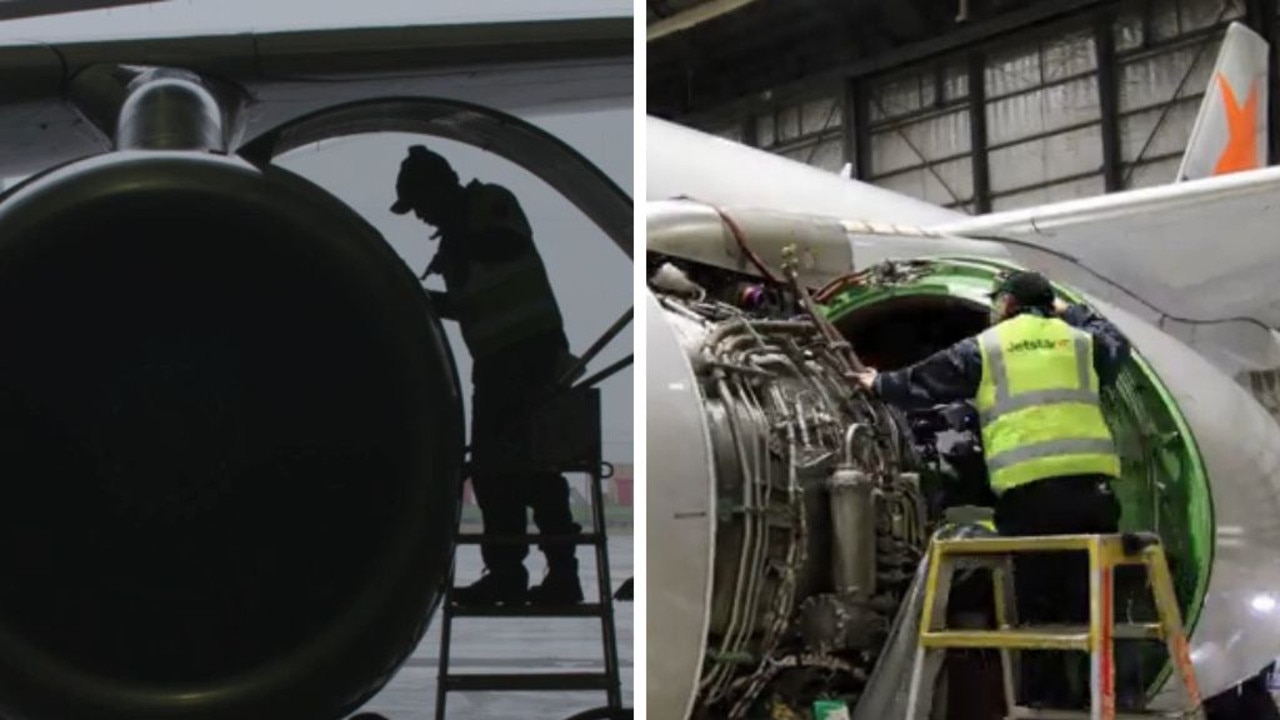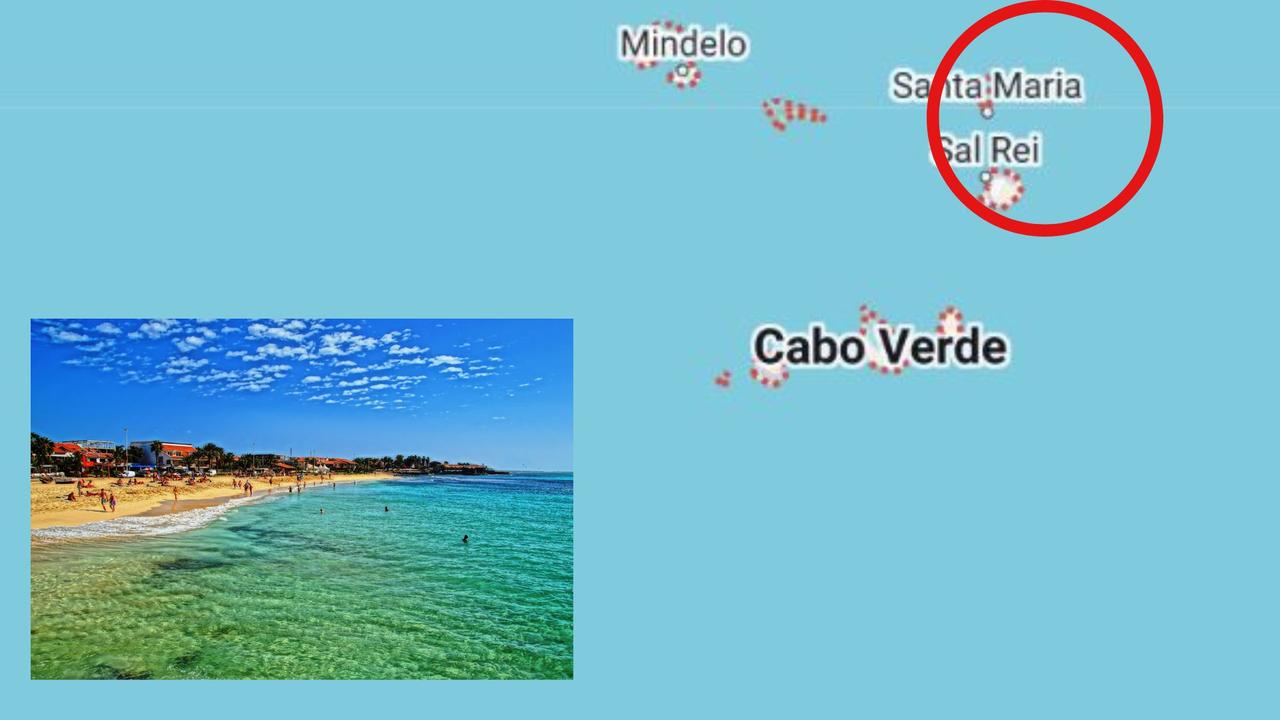How coronavirus will impact your travel plans in 2020
As Australia lists more and more country’s on their travel ban list, tourists are questioning where they should look at travelling.

As efforts to prevent the spread of the deadly coronavirus around the world intensify, holiday-makers have been left wondering whether they should cancel or postpone pending travel plans – and if they do choose to go on a trip, what to look out for.
The viral outbreak that began in China has left holiday-makers struggling to navigate flight disruptions, travel bans, city lockdowns and quarantine rules.
So if you’re about to head overseas – or have a trip planned in the next few months – here’s what you need to know:
WHERE SHOULD I AVOID TRAVELLING?
People with the highest risk of exposure to coronavirus are those in China, Iran, parts of South Korea and Northern Italy. This includes people who have travelled there recently.
While the Department of Foreign Affairs and Trade (DFAT) has issued travel warnings for a growing number of countries hit by the virus, China, Iran, parts of South Korea and Northern Italy are the only countries with a “do not travel” warning in place.
WHAT’S HAPPENING WITH FLIGHTS?
Airlines are cutting back their flight schedules in response to falling demand, particularly for flights in the Asian region.
Australia’s largest airline, Qantas, has reduced their number of international flights by 25 per cent. Domestically, they will cut back flights by five per cent. These changes, according to Qantas Group CEO are likely to remain until September.
For travellers who are still heading on holidays both here and abroad, the advice is to factor in extra time at the airport because changes to arrival and departure times, as well as any delays caused by virus screening at airports, are likely.
RELATED: Follow the latest coronavirus updates
RELATED: Full list of flights that have been suspended or changed
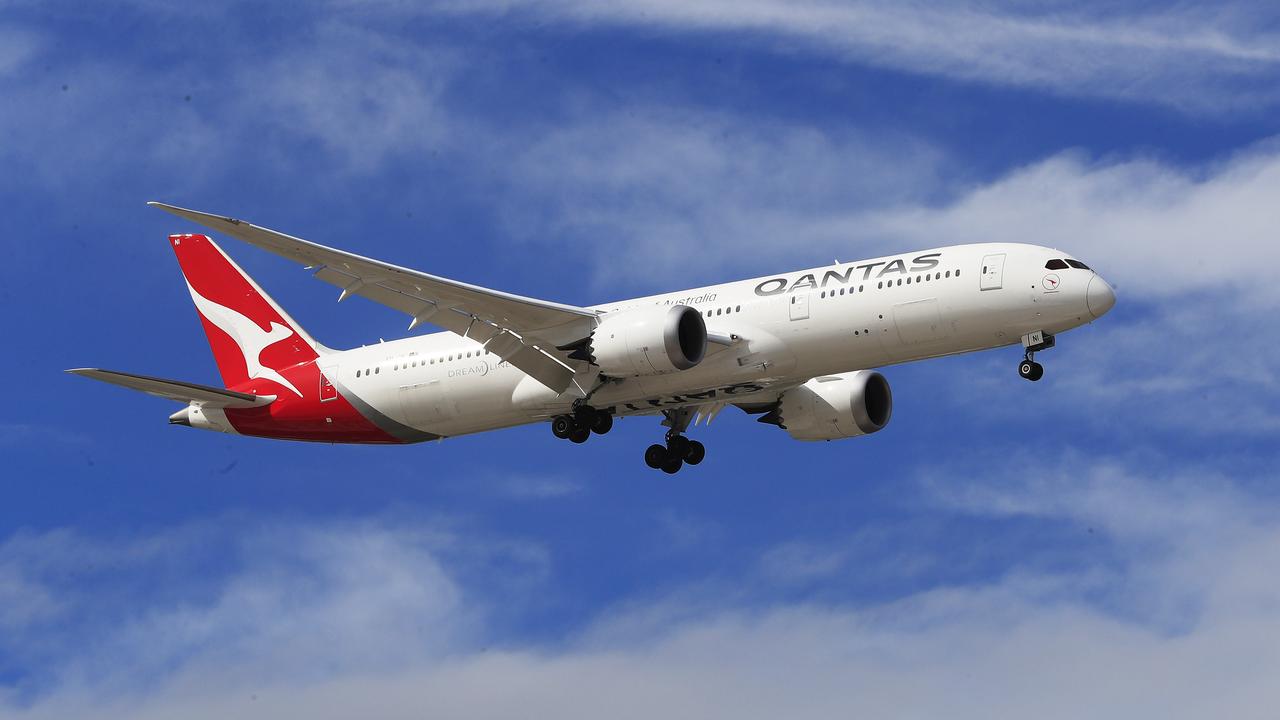
Some of the changes you may face if you’re flying with Qantas, Jetstar, Virgin Australia or Tigerair:
• Qantas have cut back their flights to China, Hong Kong and Singapore. The Sydney-to-Shanghai route and Sydney-to-Beijing routes have been suspended until March 29. The airline has also stopped flying through Singapore to London from Sydney, with flights now passing through Perth instead.
• Jetstar Australia flights to mainland China have been suspended. Its airlines in Singapore, Japan and Vietnam have stopped flights to China and are also reducing their flights across the region. The budget airline has also stopped their direct route from the Gold Coast to Seoul.
• Virgin Australia has cut back its flights to some destinations. Both Virgin and Tigerair have stopped flying to Hong Kong completely.
The best way to stay up to date with the status of your flight is to contact your airline directly.
RELATED: Coronavirus could impact Tokyo Olympics
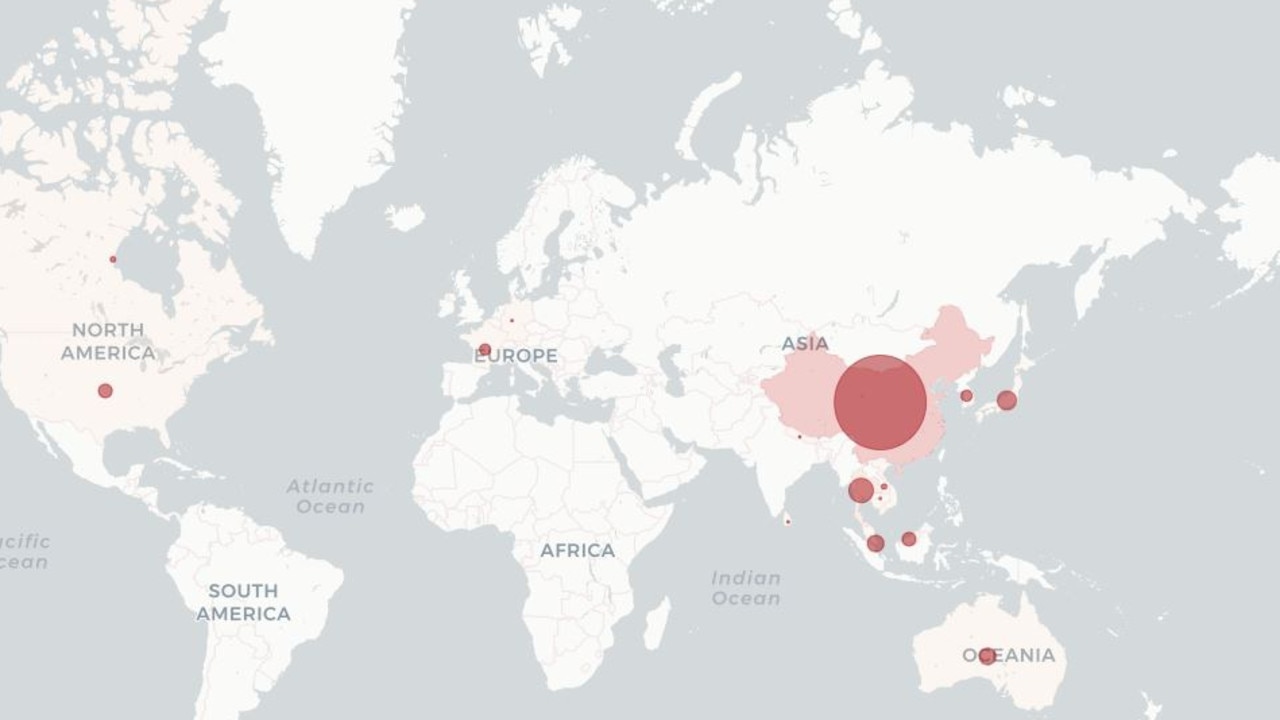
WHAT MEASURES CAN I TAKE BEFORE I TRAVEL?
If you’re travelling with young children or babies, or if you’re pregnant, you should consult your doctor before heading overseas. You should also see your doctor if you have a chronic health problem or weak immunity.
You should also check with your airline, travel agent, cruise line and travel insurance company to work out what your options are if things change – and check with your insurance company to see if you’re covered.
Another idea is booking a ‘flexible flight’ which generally means you can change or cancel your booking and get your money back. The same applies for accommodation.
Booking with providers like Airbnb is another option for travellers concerned about cancelling. The accommodation provider has changed its policy on cancellations, now allowing for guests travelling to or from severely impacted areas to cancel without charge.
HOW DO I STAY SAFE ON A PLANE?
When it comes to air travel, no industry has taken a bigger hit with thousands of flights cancelled globally, and airlines forced to take drastic measures to deal with dwindling consumer demand.
It may come as a surprise that spreading of the COVID-19 virus isn’t through the air in the plane cabin. It’s by not keeping your hands clean throughout a flight.
On an aircraft, handrails, lavatory handles and levers are notoriously dirty.
Bring a small hand sanitiser on board – it’s a great and easy way to keep clean. You can also pack a small amount of antiseptic hand wipes, which can be used to wipe down armrests, remote controls at your seat and your tray table.
Another way to stay clean is to try and book a window seat.
A study of the behaviours of passengers and airline crew by researchers at Emory University in Atlanta, Georgia found those who were seated in the window had less contact with potentially infected people.
For more ways to stay healthy on board a plane, check out our advice here.
WHEN SHOULD I BOOK A TRIP OVERSEAS?
The virus outbreak is expected to take months to play out, so if you’re booking a flight for later in the year you need to consider what might change between now and then.
This, as well as that new outbreak locations are being reported all the time, makes it difficult to discern when exactly you should head overseas.
If you’ve already booked a trip, keep the phone numbers for your bank, insurer, airline, travel agent and accommodation provider handy so you can check your booking is solid if need be.
CAN I STILL TRAVEL DOMESTICALLY IN AUSTRALIA?
If you have a trip booked in Australia, you’re free to travel as there are no warnings in place about avoiding domestic travel or being out and about in public, except for those who suspect they might have coronavirus.
Currently, Australia’s chief medical officer Brendan Murphy has not recommended any changes to how people Australians live their lives at the moment.
When it comes to travelling domestically, the biggest factor to consider how your flight might be impacted – and how you can maintain good hygiene while on board a plane.
If your domestic destination is a heavily travelled route, then the chances of a cancellation or suspension is slim. But for routes with fewer flights, as the outbreak expands, you could end up with significant delays.
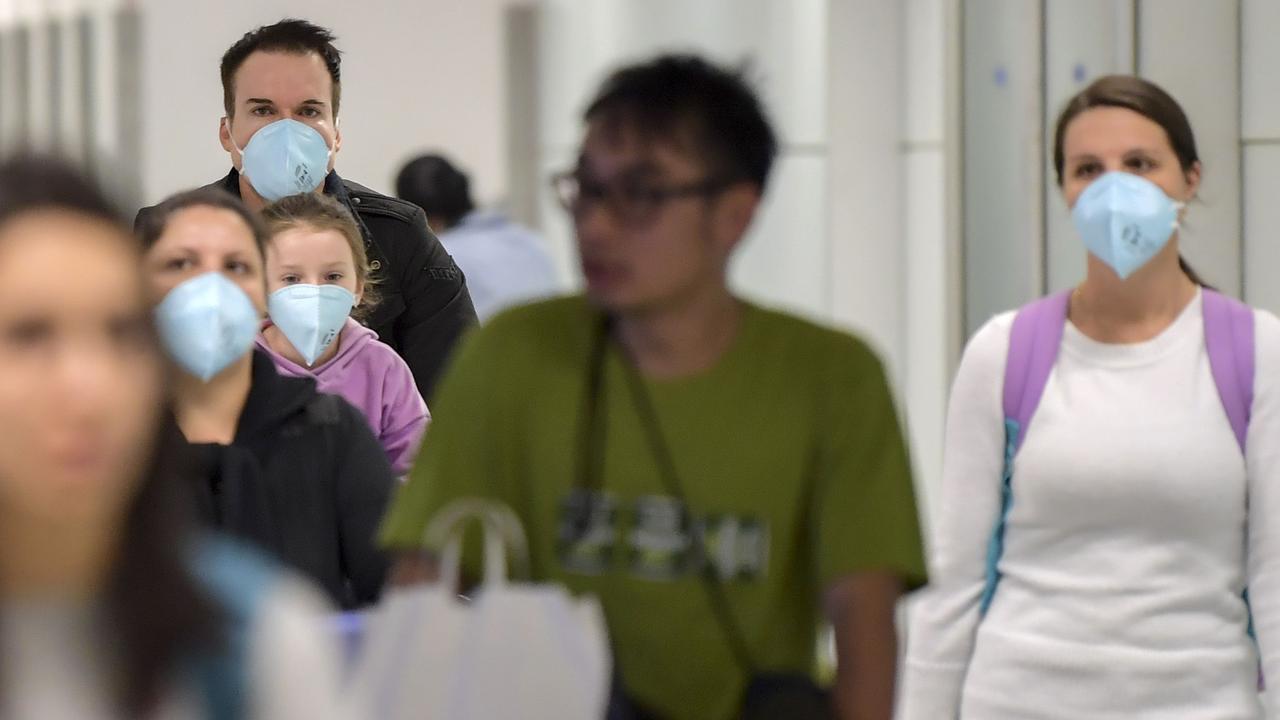
WHAT HAPPENS IF I CANCEL MY TRIP?
Travellers need to be aware that their insurance company is unlikely to provide cover if their holiday is not directly affected.
Now that coronavirus has been labelled a ‘pandemic’ by the World Health Organisation’,
Choice’s travel insurance review found less than half of insurers cover cancellation as a result of a pandemic or epidemic.
Director of Compare Travel Insurance, Natalie Ball, told news.com.au the chances of getting money back is even more unlikely.
“In most cases, travel insurance does not cover for fear or changes of mind,” Ms Ball said. “As well, many insurers exclude cover for pandemics and epidemics; events known in the mass media; and anything that you were aware of that may give rise to a claim at the time of purchase.
“Travel insurance policies vary, so you may be entitled for compensation should the Australian government DFAT issue a level-four, ‘do not travel’ travel warning for the country you are visiting. This would largely depend on which insurer you bought your policy with and when you purchased your cover. All customers are always entitled to lodge claims for formal review which will be assessed on a case-by-case basis.”
Basically, if you do cancel your trip to other destinations not at a Level 4 warning you’re unlikely to be covered or get a refund from your service provider.
However, depending on when you purchased your policy, you may be eligible to claim for nonrecoverable expenses if the government upgraded its travel advice after you purchased your travel insurance policy, Ms Ball said.
She recommended that travellers contact their agent or service provider if they do want to alter their trip, and to stay up-to-date as the situation continues to evolve.
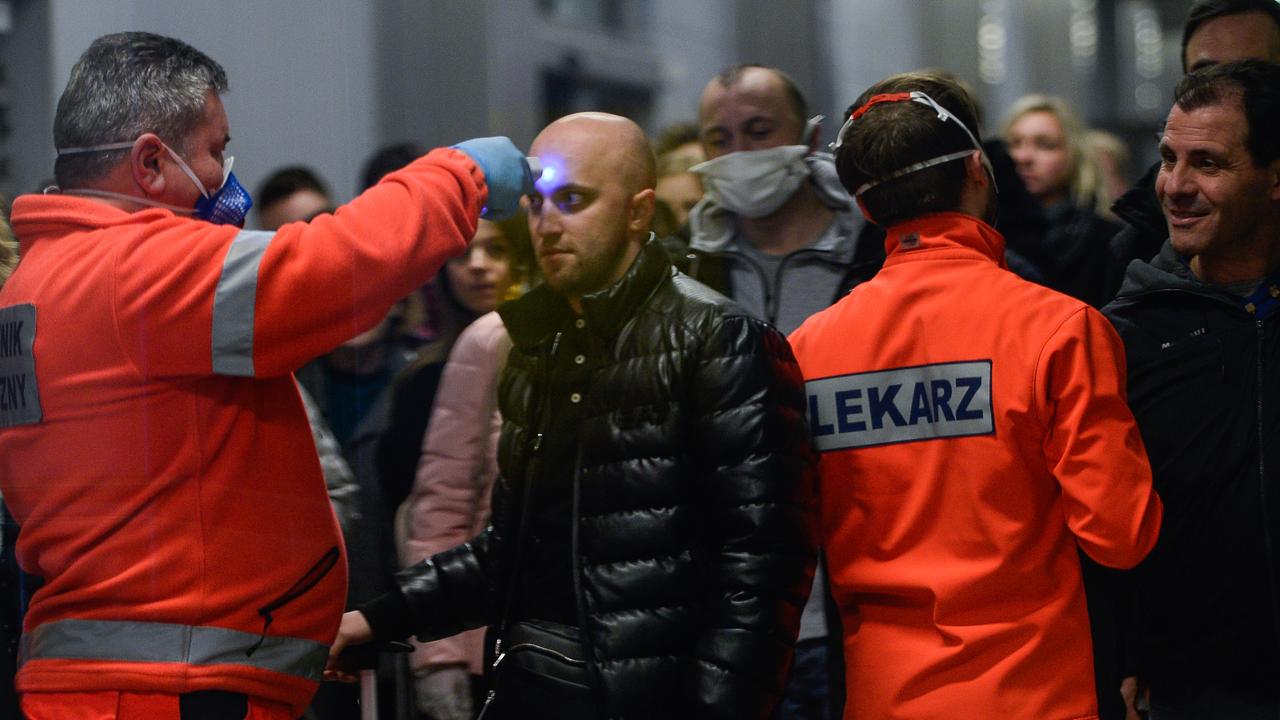
CAN I STILL TRAVEL THROUGH TRANSPORT HUBS IN ASIA?
The rules for exit, entry and transit through airports can change at short notice, but currently travellers are still able to travel through the likes of Singapore and Hong Kong airports.
Expect to be screened for coronavirus, and also prepare for the possibility of being quarantined, depending on where you’ve come from.
DFAT has warned that not all airports or transport companies are applying their policies on coronavirus consistently.
Hong Kong airport, all departing passengers will undergo temperature checks – which could mean delays getting to your next flight. If you’ve travelled through mainland China, you’ll be quarantined for two weeks, and if you’re arriving from Korea, you won’t be allowed to enter Hong Kong.
As for Singapore, you’ll have to undergo a temperature check on arrival at Changi or Seletar airports.
In Malaysia, travellers are being told to wear a mask at all times, and anyone who has a cough or fever will be taken to hospital on arrival.

